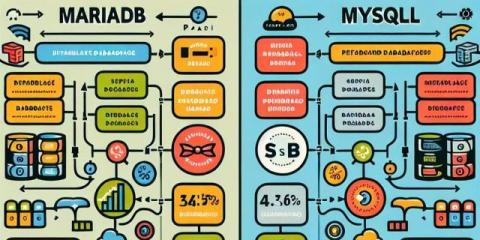When to Use CHAR, VARCHAR, and VARCHAR(MAX) in SQL
A data type is a particular kind of data item that is defined by the values it can take and the operations that can be performed on it. SQL supports various data types, including numeric, date and time, character and string, binary, and more. The choice of data type affects data integrity, storage, and performance; the choice of the optimal data type is not always all that obvious.










